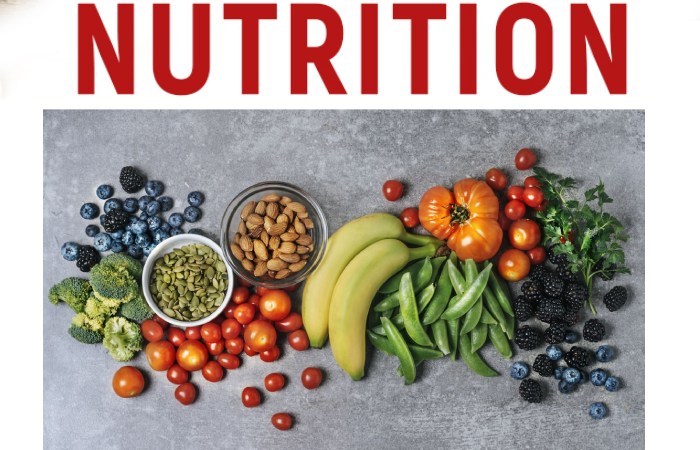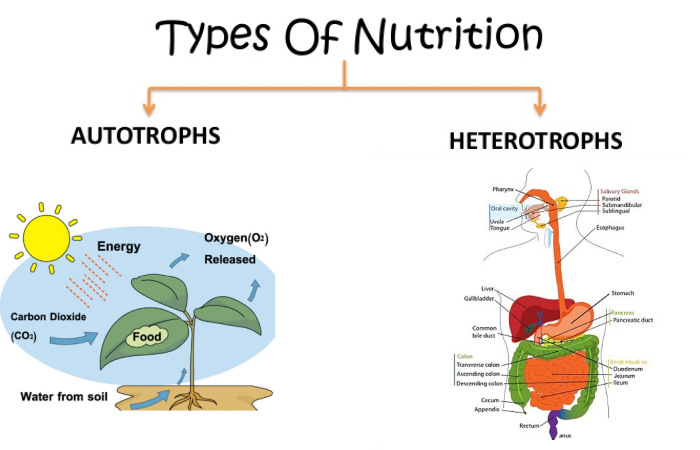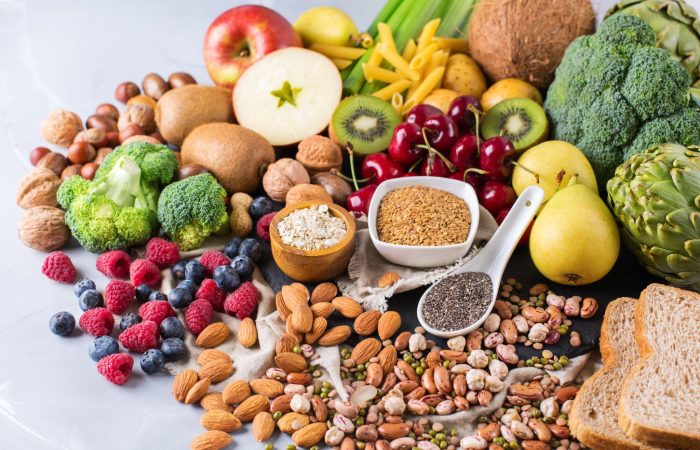Nutrition Write For Us

Nutrition includes all the actions and processes by which a cell or organism feeds, absorbs, and uses food or nutrients. It is the set of physiological functions that ensure the processes of assimilation and dissimilation. Biological nutrition includes food, digestion, respiration, circulation, and excretion. To submit your article, drop us an email at contact@getworldbeauty.com.
In biology, it refers to all living things (animals, plants, fungi, bacteria, etc.) down to cells. Dietetics refers to the diet or diet of an animal (including humans).
Elements of Nutrition
Nutrition distinguishes between different elementary nutrients, in particular, carbon, which can be of animal or vegetable biological origin:
- Protein,
- Carbohydrates (slow carbohydrates like starch or fast carbohydrates like “sugars”),
- Fats (fatty acids, saturated or unsaturated),
- Vitamins,
- Minerals,
- Water
Types of Nutrition

There are two types of nutrition in alive organisms, namely:
Autotrophic Nutrition
In autotrophic mode, organisms use simple inorganic materials such as water and carbon dioxide in the presence of light and chlorophyll to synthesize their food on their own. These organisms are called autotrophs. In other words, photosynthesis used to convert light energy into food such as glucose. Plants, algae, and bacteria (cyanobacteria) are some examples where autotrophic nutrition is observed. To submit your article, drop us an email at contact@getworldbeauty.com.
During photosynthesis, carbon dioxide and water convert into carbohydrates. These carbohydrates are stored as starch in plants. Subsequently, the plants obtain the necessary energy from the stored starch. The process of photosynthesis can explain in three steps:
Absorption: The chlorophyll present in the leaves traps the light coming from the sun.
Conversion: The absorbed light energy convert into chemical energy. And the absorbed water will split into hydrogen and oxygen molecules.
Reduction: Finally, carbon dioxide reduction, i.e., hydrogen molecules combine with carbon to form carbohydrates (sugar molecules).
The three events are not a continuous process. They may or may not occur sequentially.
In plants, stomata are the leaf openings where gas exchange regulate by guard cells. Plants absorb and release gases through these stomatal pores.
In desert habitats, to prevent water loss, guard cells keep these pores closed during the day. Later, the stomata will open at night to absorb carbon dioxide and store it in the vacuoles. During the day, they will use this stored carbon dioxide to carry out photosynthesis.
Apart from photosynthesis, plants also depend on the soil for micro and macro elements. These elements use to synthesize proteins and other essential compounds necessary for plants’ proper functioning and growth.

Heterotrophic Nutrition
Each organism is not capable of preparing food on its own. These organisms depend on others for their food. Organisms that cannot produce food independently and are dependent on other sources/organisms are called heterotrophs. This form of nutrition is known as heterotrophic nutrition.
Fungi and all animals, including humans, are heterotrophs. Heterotrophs can be of many varieties depending on their environment and adaptations. Some may eat plants (herbivores) and others animals (carnivores), while few eat both (omnivores). Thus we can say that the survival of heterotrophs depends directly or indirectly on plants.
Heterotrophs classify into different categories based on their mode of nutrition. They are:
- Parasites (e.g., leeches, ticks)
- Saprophytes (e.g. fungi)
- Holozoic (e.g., humans, dogs)
How to Submit your Articles Nutrition Write For Us on GetWorldBeauty?
You can submit the articles in Microsoft Word Document or PDF. If you need to write for us, you can send us the ideas and pitch before submitting the report at contact@getworldbeauty.com
Search Terms Related to Nutrition Write for Us
Nutrition
Food
Vitamins
Mineral
Water
Ingestion
Absorption
Animal nutrition
Assimilation
Biosynthesis
Catabolism
Excretion
Biochemical
Physiological
Diet
plant nutrition
Health
Fats
Why should you Write for Get World Beauty? – Nutrition Write for Us

Search Terms to Nutrition Write for Us
Write for us
Guest post Nutrition
Writers wanted
Guest posting guidelines
Become an author
Protein submit post
Suggest a post
Guest blogging + “write for us.”
Write for us + guest blogging
Guest posting guideline
Become a guest blogger
Become an author
Suggest a post
Guest blogging + “write for us.”
Saturated write for us
Unsaturated report for us
Vitamins Write for us
Fruits Write for us
Write for us lifestyle
Write for us Skin
Food Submit post
Health Write for us
Writers wanted
Write for us blogging
Submit an article
Contributor guidelines
Contributing writer
Looking for guest posts
Become a guest blogger
Guest posts wanted
Guidelines to follow for Nutrition Write For Us
Your blog’s tone and style should be nutrition-oriented.
- You will not republish anything that has already been published.
- In the body of the message, just one link to your company’s website permit.
- The content word count should be at least 700 words.
- The blog should not use to promote your business.
- Your finished blog post should save as a Word Document.
- An image should be of resolution 1200X800.
That’s it. If you are ready to share your content with us, feel free to contact us or Mail Us at contact@gethealthbeauty.com
Related Pages:
